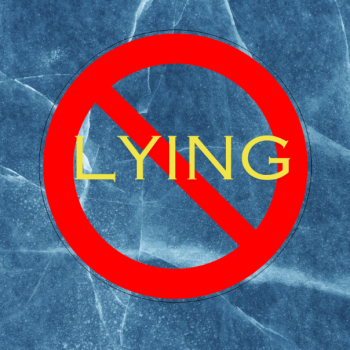In a recent post here I talked about what I see as the secularization of evangelical Christianity in America. I gave some examples of its symptoms—that is, symptoms of secularization in American evangelical church life. I simply took for granted that secularization had long ago gripped and changed so-called “mainstream” Protestantism in America. Traditionally, that has been one of the primary ways of distinguishing “evangelical” from “mainstream” or “mainline” Christianity in America.
Some commenters have wondered if secularity is necessarily bad. How, for example, can evangelical Christianity engage in mission to secular people without some degree of secularity? Of course, that raises many questions, too many to discuss here. All I want to do here and now is discuss what I mean by “secularity” (and “secularization” and “secular”) and explain why I think it is something evangelical Christians should avoid. (By “avoid” I don’t mean “separate from” physically. I’ll explain further on what I mean by it.)
The word “secular” has a long and rich history and many meanings. In one sense, not the one I mean, it is simply a description of priests and nuns who do not belong to any particular order. Its alternative is “religious.” A priest or a nun is “secular” who does not belong to, for example, the Society of Jesus (Jesuits) or the Carmelite Order. A “religious” priest or nun is one who does belong to a particular order (which usually involves taking certain special vows and living a distinctive lifestyle). Just to be clear—this is not the meaning of “secular” here.
What I mean by “secular” (and its cognates) is belief that human life can be lived successfully without God or religion. “Secularity” is implicit belief in that; “secularism” is explicit and, usually, aggressive belief in that.
When I suggest that American evangelical Christianity is largely “secular,” I do notmean that it has bought into secularism. No evangelical I know espouses secularism. Evangelicals usually recoil with horror from it. It is “the enemy” (e.g., “secular humanism”).
No, what I do mean is that, to a very large extent, as I see it, American evangelical Christianity has bought into secularity—an ethos, an outlook, a way of living life “in the world and of it” that is often, usually, unintended and even denied.
Read the rest here















